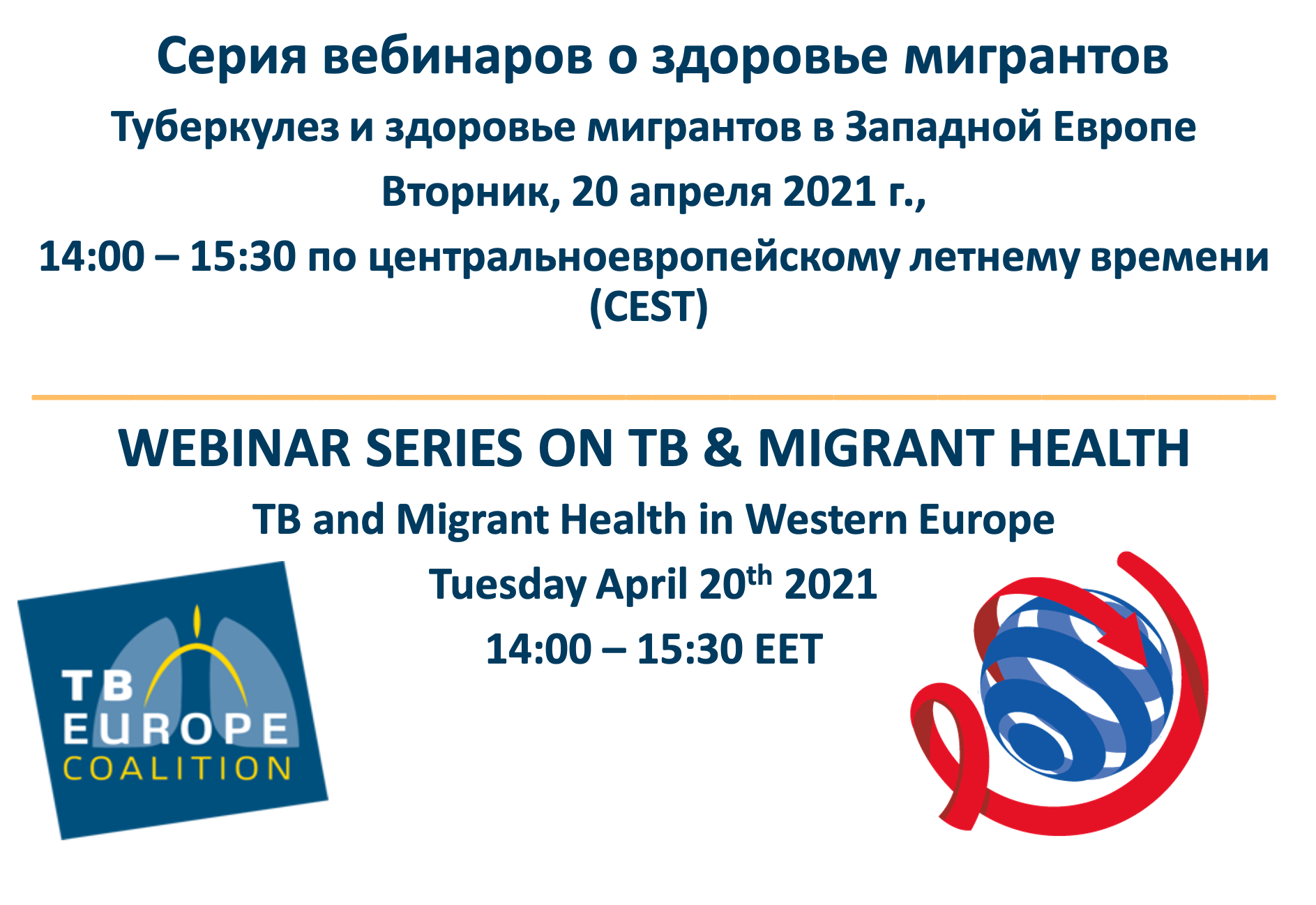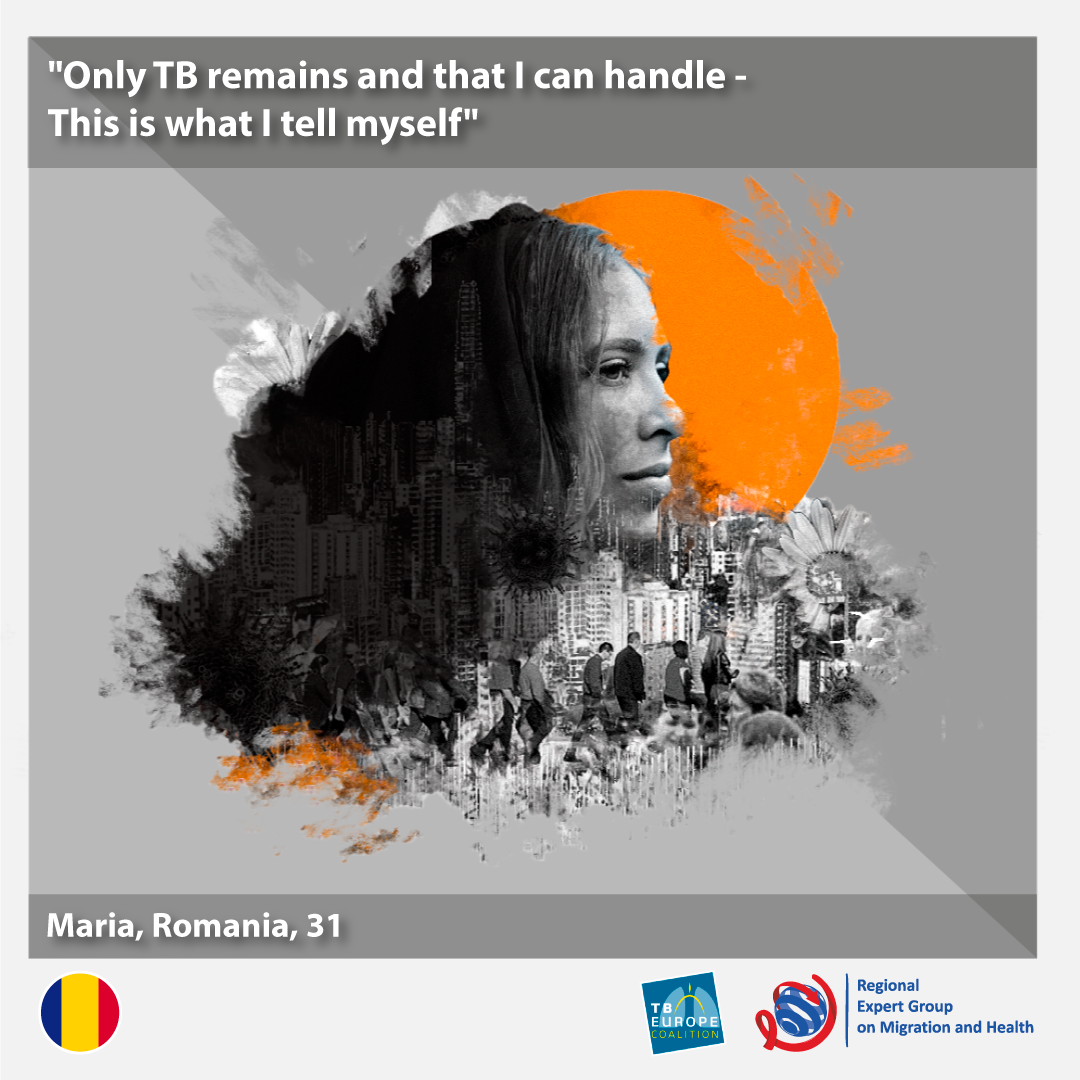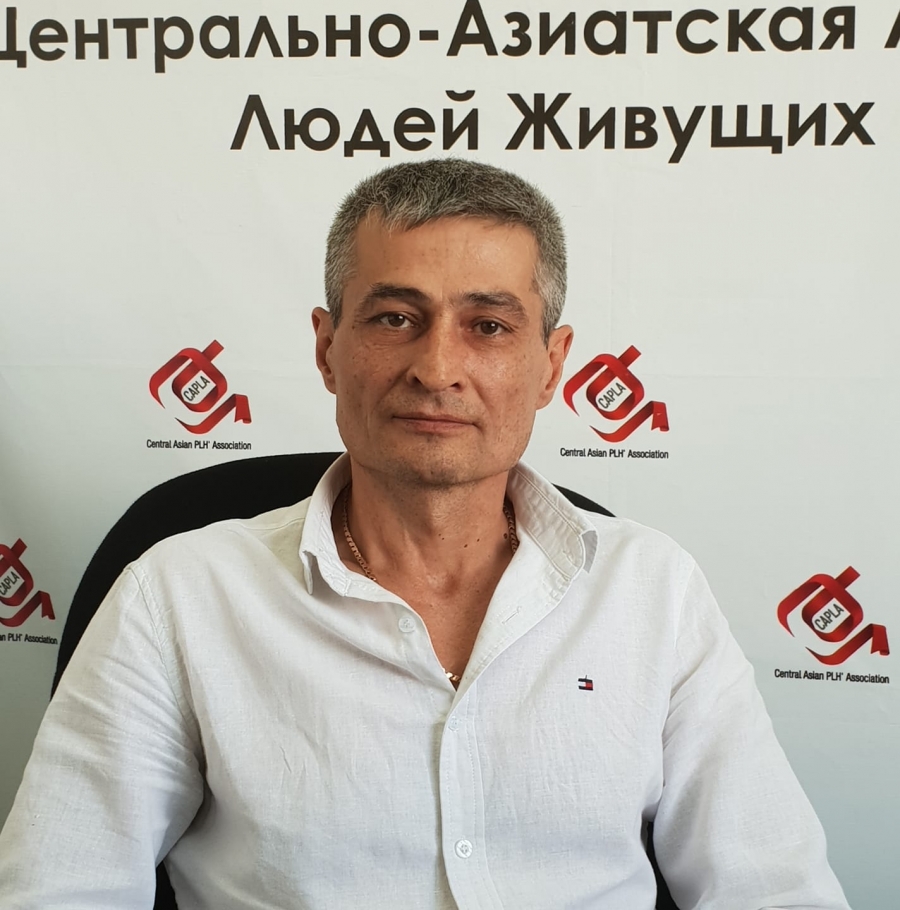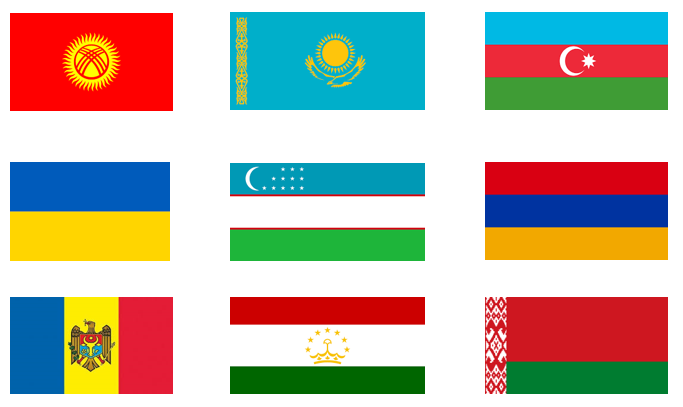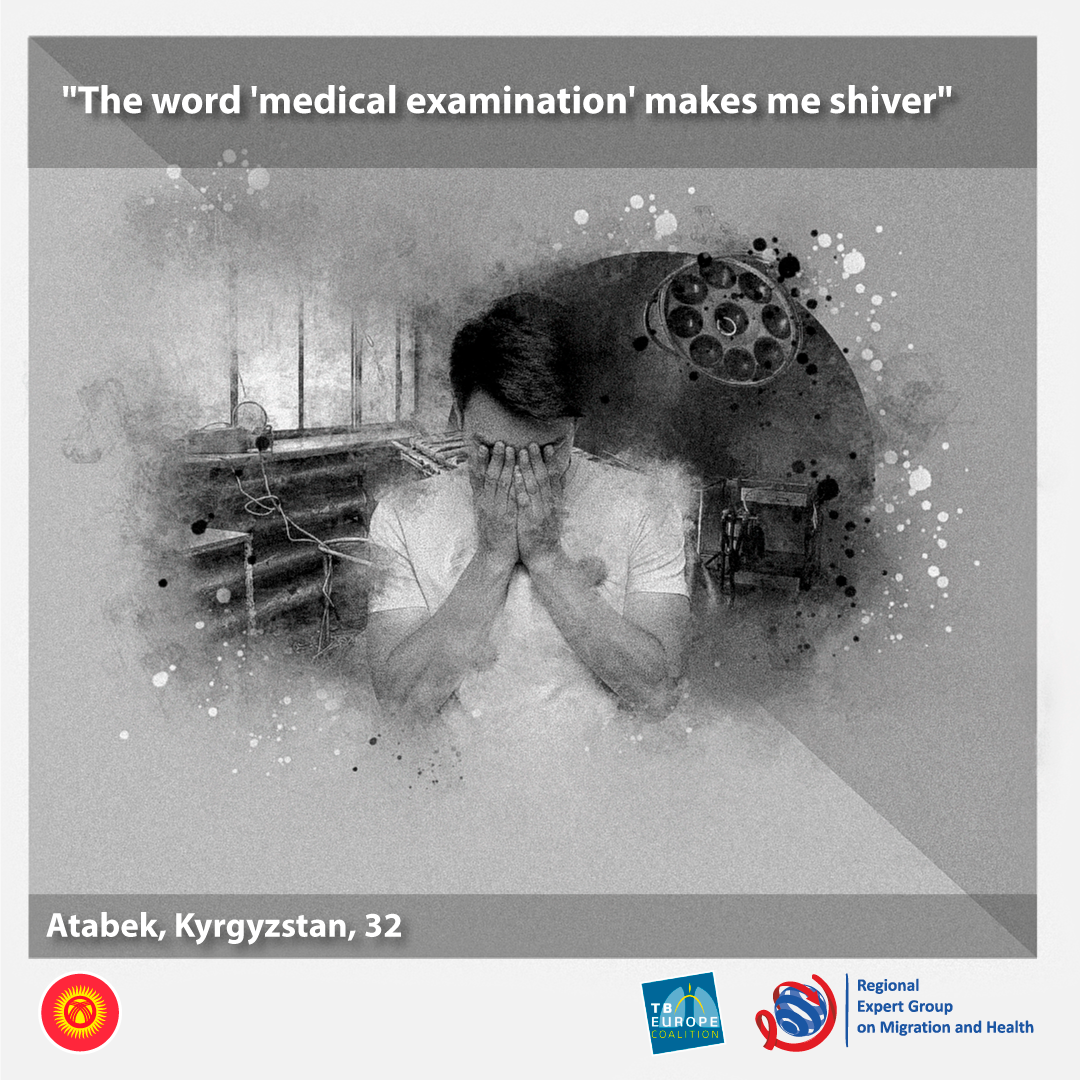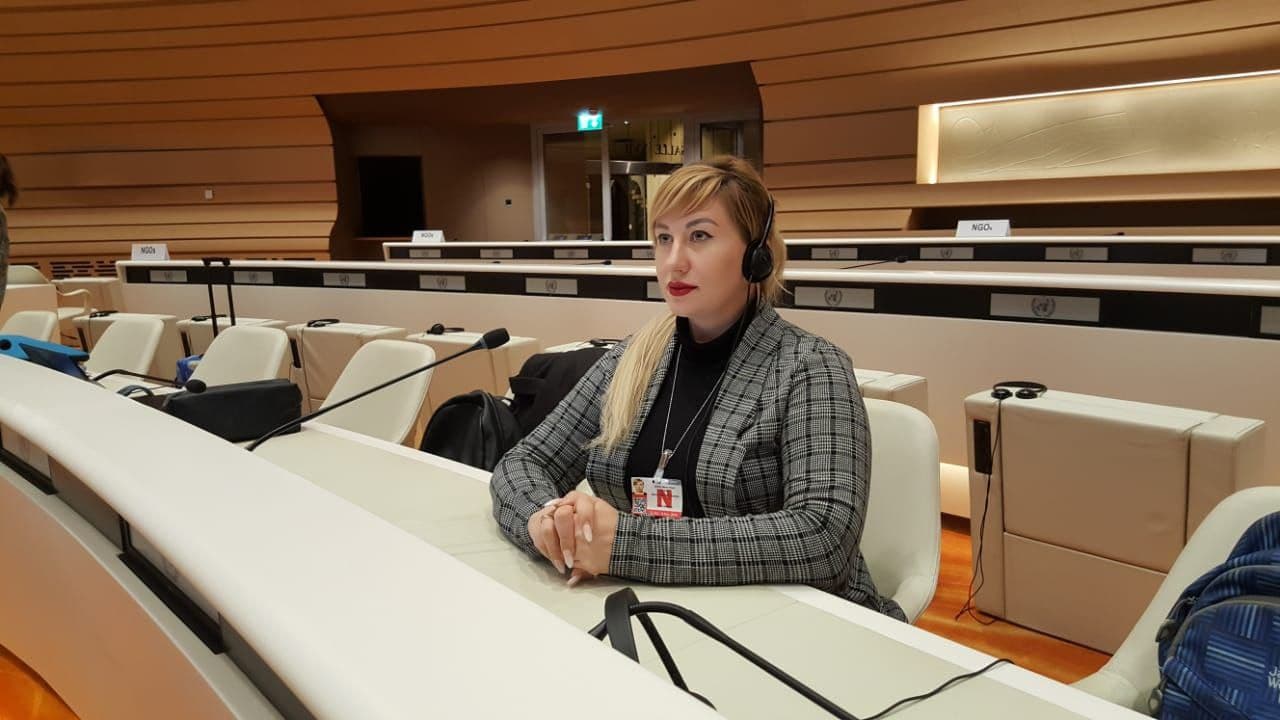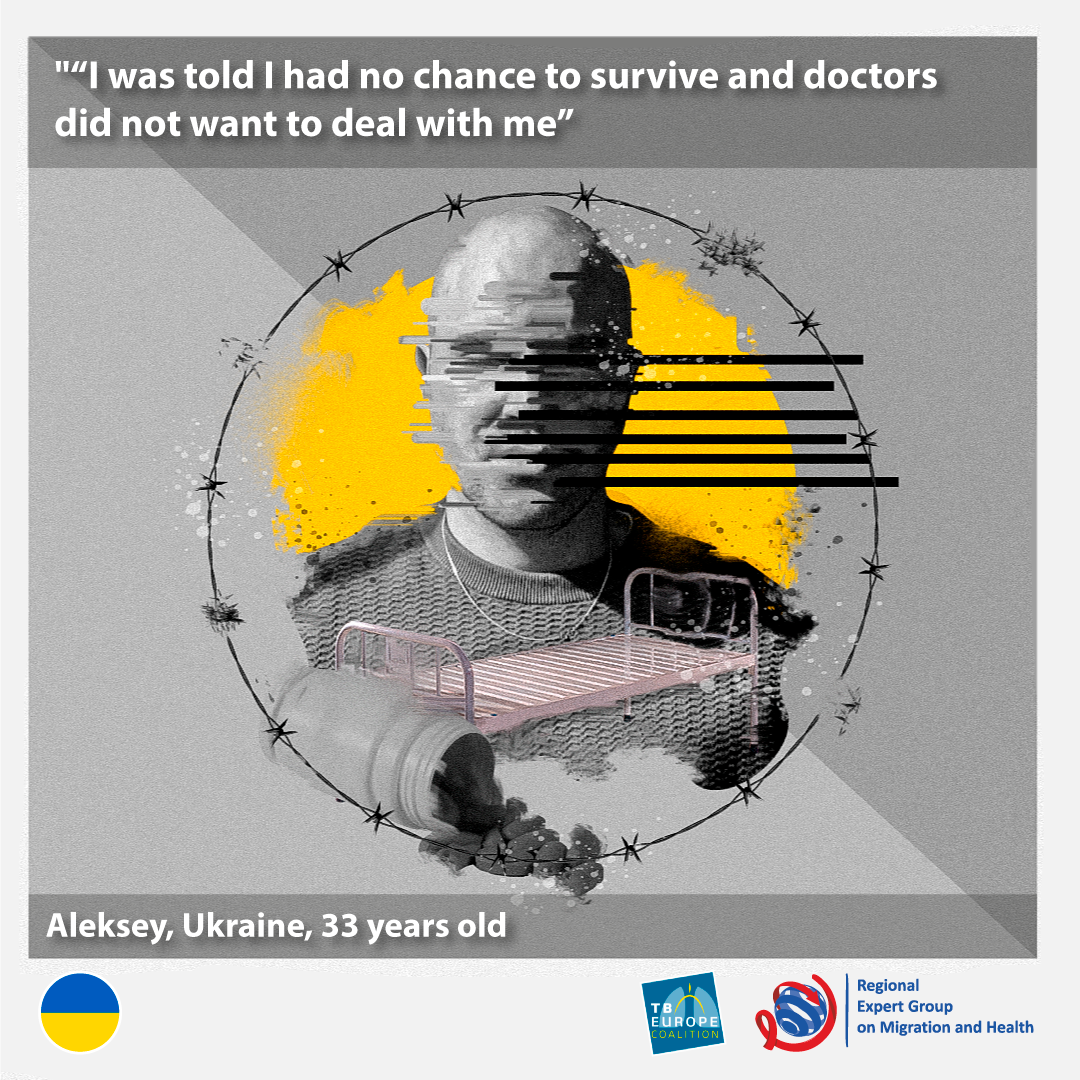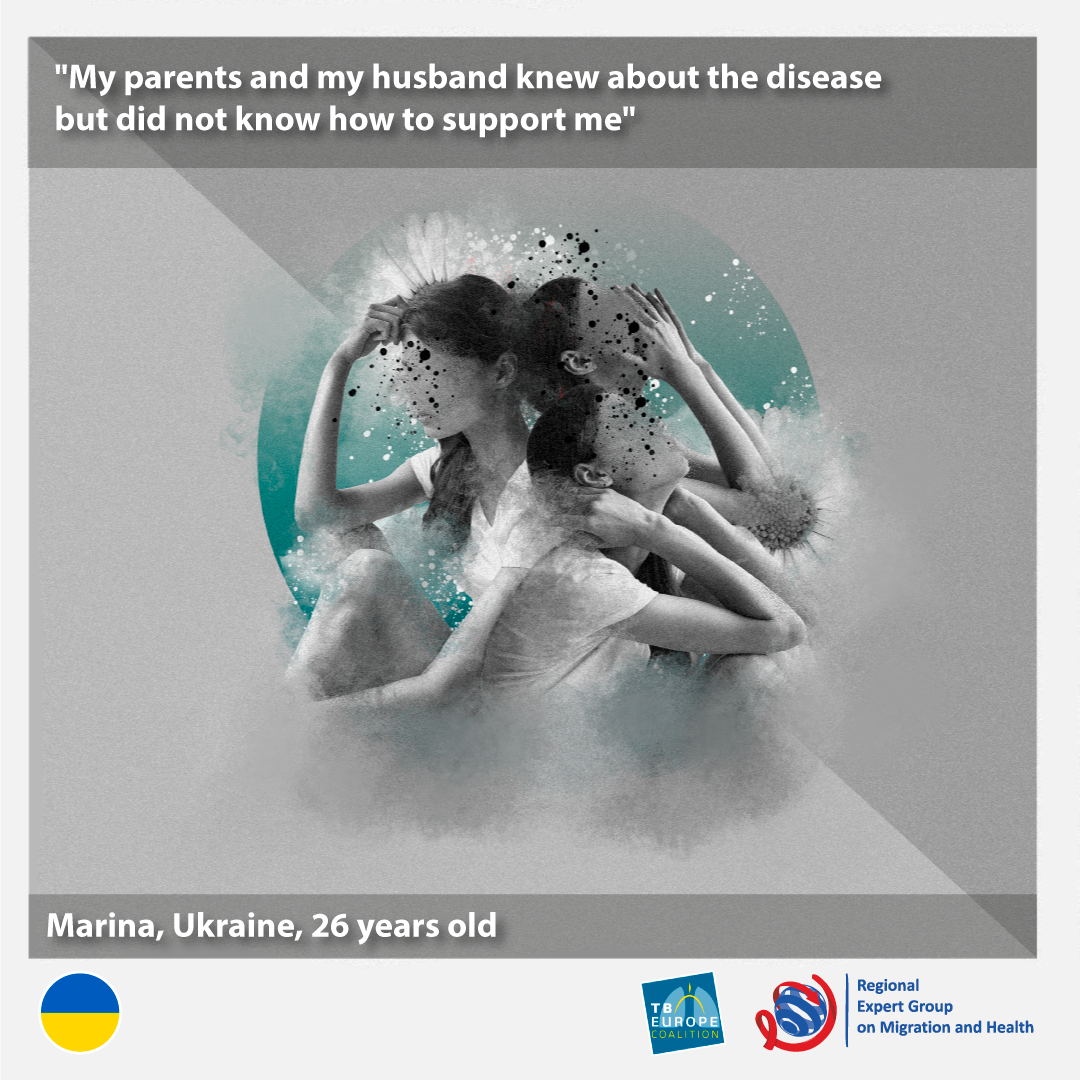Second joint webinar by TB Europe Coalition and Regional Expert Group on Migration and Health Tuesday 20th April 2021, 14:00 – 15:30 CEST Currently the EU and EEA are home to over 10% of the worlds refugee population. The main drivers of this migration to the EU are conflict, political and/or economic instability, and climate
TB and Migrant Health in Western Europe
